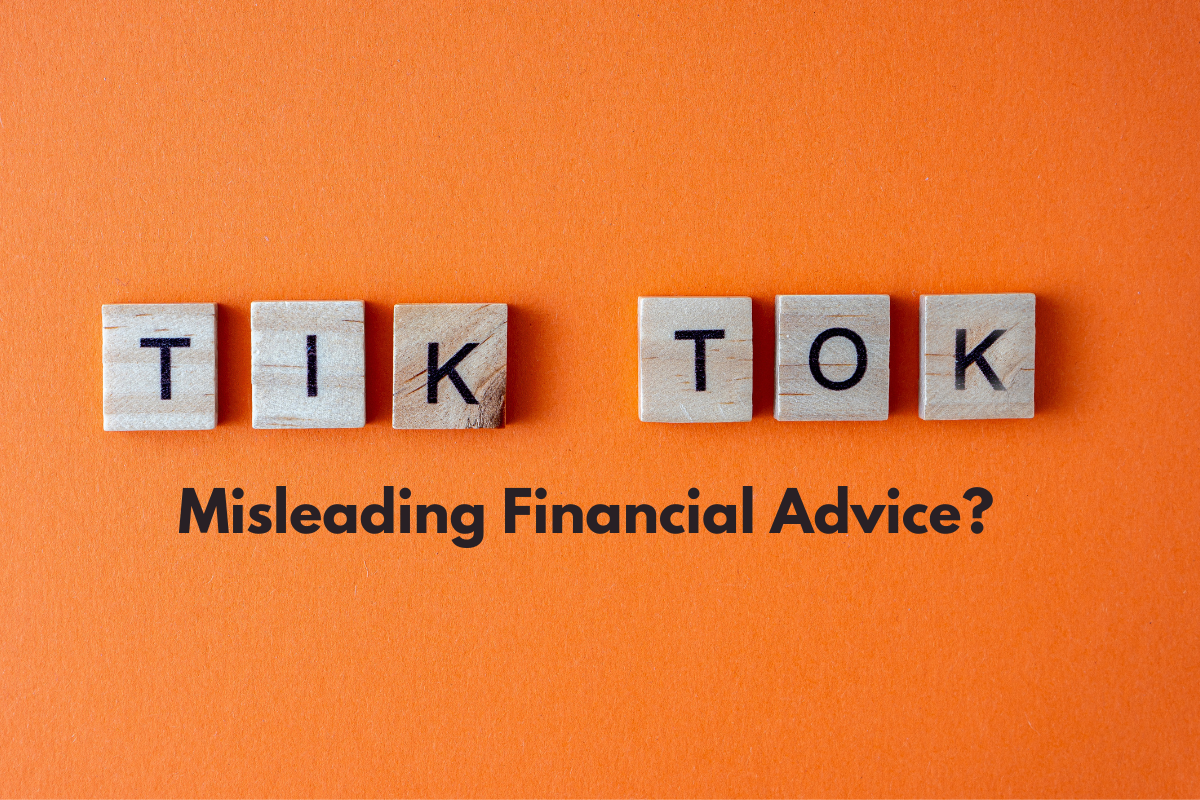If you are on any of the major social platform like Instagram, Snapchat, Facebook or even YouTube you will probably have seen ads or promotions for people offering you ‘tips on trading’ or ‘their secret to making £1,000 a day’. Social is awash with get rich quick schemes. Even celebrities like Jake Paul have promoted crypto investments which have gone on to fail spectacularly and one of the biggest platforms being mis-used to promote financial services and investments is TikTok.
Below is an article highlighting the dangers. The FCA are currently making examples of a number of ‘social influencers’ by issuing criminal proceedings. However, the sad truth here is that a lot of people, especially younger people (Gen Z) genuinely trust people on social media more than they trust regulated financial advisers and regulated investment platforms.
That is a huge failing on the part of the industry and the regulator, perpetrated largely by the increasing number of claims where regulated firms, in a position of trust, have let their clients down.
If you are worried you may have been a victim of any kind of financial mis-selling, enquire with us today , we work on a no-win no-fee basis so if after we have carried out a full investigation on your behalf there turns out to be no grounds for claim, it won’t have cost you a penny.
More about TikTok below…
TikTok, a platform favoured for its brief, engaging videos, is fast becoming a leading source of misleading financial advice. A study by Social Capital Markets revealed that TikTok’s short-form, rapid-fire content creates an environment ripe for oversimplified investment advice, often missing the necessary depth and disclaimers. Notably, around 91% of TikTok’s financial videos lack disclaimers, leaving users—particularly younger ones—vulnerable to potential financial missteps. Moreover, over two-thirds of these videos encourage stock purchases without balancing this advice with risk information or considerations about market volatility.
Gen Z users, who often have limited experience with financial planning and may be contending with low starting incomes and student debt, are particularly impacted. TikTok’s format, built around quick, easy-to-consume tips, tends to encourage these viewers to adopt simplified, often overly optimistic views of investing. Reports show that videos on the platform frequently imply guaranteed returns, a misleading notion given the unpredictable nature of markets. This has led to concerns that young people are following advice that may not align with their financial realities, exposing them to risks they may not fully understand.
Instagram and YouTube, while also implicated, display these risks differently. Instagram, for instance, similarly promotes financial content with few disclaimers (about 88%) and encourages specific stock investments, although it has a slightly lower rate of content suggesting guaranteed returns. YouTube, on the other hand, allows for longer-form content that could foster more in-depth financial discussions; however, this advantage is undermined by the frequent promotion of specific stocks and income-based investments without adequate transparency.
The Financial Conduct Authority (FCA) has responded by investigating “finfluencers” who may be promoting financial products without the required credentials or qualifications. This investigation is part of a larger campaign to regulate financial advice on social media, a response to the rapid growth of unqualified influencers who may not fully understand or communicate the risks associated with their advice.
Alongside general investment advice, cryptocurrency-related content on TikTok has also exploded in popularity. Crypto influencers frequently promote investments in trending coins or NFTs (non-fungible tokens), often without explaining the high volatility and risks inherent in these assets. Many videos, for example, encourage users to invest in “memecoins” or other speculative crypto assets with minimal context on the extreme price fluctuations associated with such investments. The absence of thorough explanations on these risky assets has led experts to warn that users, especially younger ones, are at risk of making poorly informed decisions based on hype rather than solid financial understanding.
For those considering financial advice, it’s essential to seek information from licensed professionals rather than relying solely on social media recommendations. If you are worried you may have been misled by financial advice and wish to explore your options, HT Legal can help you pursue financial adviser claims and ensure you’re supported in getting the compensation or financial redress you deserve.








